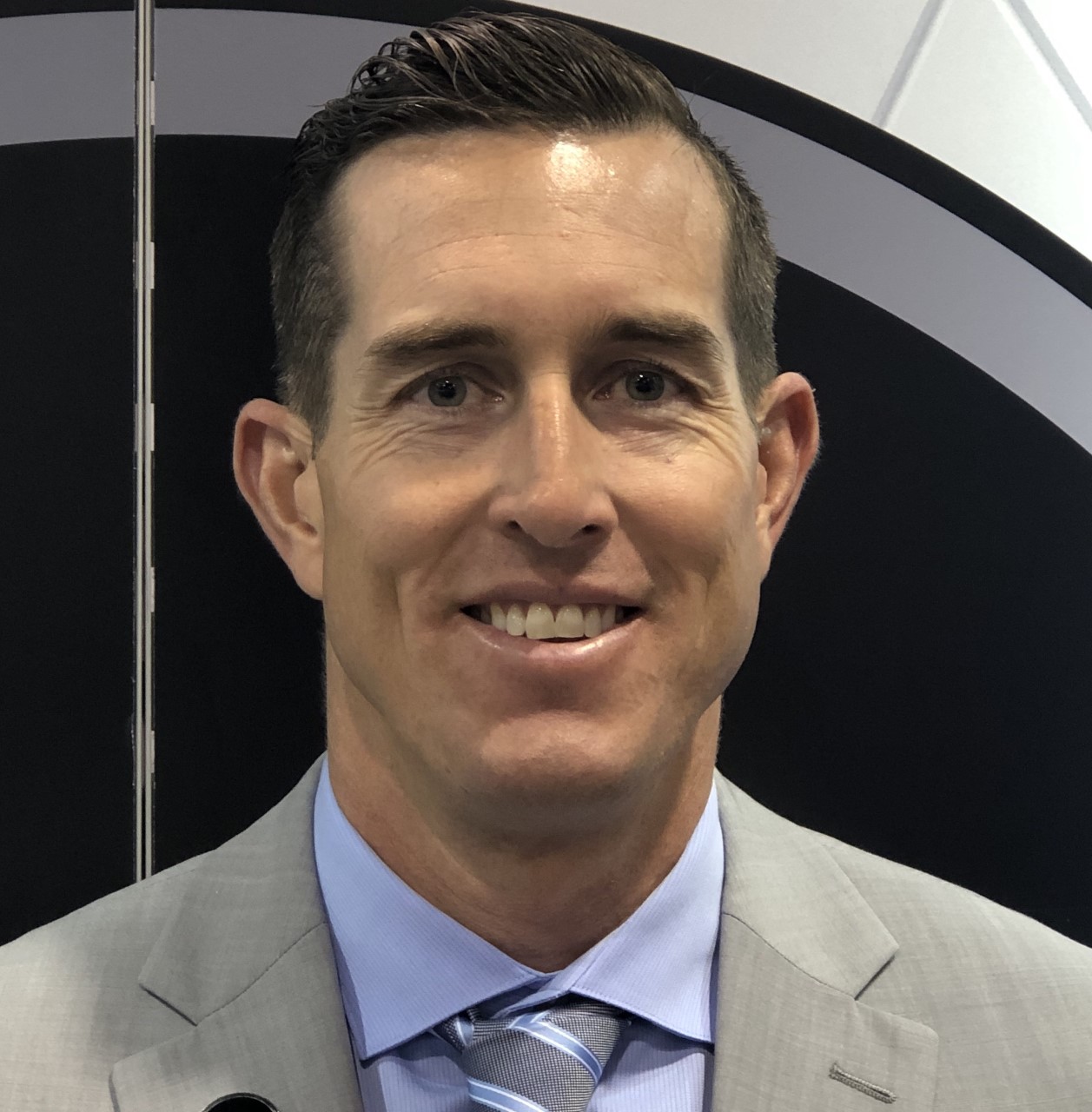If you are running a healthcare facility, then you know that medical supply storage is a major aspect of that. All the medical supplies that your facility will be using must be stored properly.
Medications particularly require special handling so they don't get ruined during storage. This article will discuss medical storage guidelines and how you can implement them within your facility.
Before we discuss the guidelines, we need to go through the reasons why proper medical storage is important.
First of all, medicines, whether prescribed or not, must be kept in the right environment so they won't be spoiled. They must be kept safe from high temperatures and too much moisture. They should also be kept secure so they are out of reach of children or even pets.
Some drugs can also be abused and it's important to keep them secure and stored properly. Aside from storing the medicines correctly, proper labeling must also be done. The same is true for other medical supplies. They can get ruined by improper handling and storage.
Medical equipment also requires proper storage to prevent damage and facilitate maintenance. The majority of medical equipment has complicated components and controls.
It is time to discuss the medical supply storage guidelines that you can follow. We will go through each type of medical supply and discuss the proper way of handling them.
Vitamins, supplements, and many health and beauty products are not as heavily regulated as other types of medical products. Drugs and sterile medical products require special certifications for handling and storage.
However, there are some items that are under United States Food and Drug Administration (FDA) regulations and so you need to know how to properly store them.
The FDA has some supervision over health and medical institutions like hospitals, pharmaceutical companies, medical associations, and other similar organizations, this is because they produce items that can fall under the classification of drugs. Moreover, they might also handle some controlled substances.
The FDA has some strict regulations regarding the handling of drugs and medications. Those regulations might involve the temperature of the storage area.
They are also quite strict when it comes to keeping track of the dates and the expiration of the drugs, regardless of whether those are prescription or over-the-counter (OTC) drugs.
The FDA has given a definition of what can be classified as medical devices. Any device that was designed or made for the diagnosis and treatment of human disease is classified as a medical device.
Medical devices are also defined as those that can be used to modify the physiological process and even the anatomy of a person. Given such a definition, that means that something as simple as an adhesive bandage can be classified as a medical device.
You should be aware that medical devices are grouped into three classes:
Many manufacturers of medical devices demand that their vendors and suppliers be ISO 13485 Certified. This certification proves that the vendor has excellent risk management processes in place.
There are several regulating bodies when it comes to pharmaceutical products. The main aim of these regulations is to ensure the safety of the people who will be using the medications. They also aim to reduce drug abuse and fraud.
On top of the manufacturing of pharmaceutical products, the bodies also regulate the storage.
Storing medical devices and pharmaceutical products can be complicated. These usually require special facilities and warehouses. Here are some of the basic requirements that must be met by medical warehouses:
These are some of the guidelines that must be met by warehouses that will be handling medicines and medical devices. As you can see, these are very strict.
The majority of medications can be stored at room temperature. Some will require refrigeration and still others must be frozen. Liquid medications that do not contain preservatives will have to be refrigerated.
It's important that the temperature within the fridge should be maintained at a constant level when storing these types of medications.
We have high-level solutions for every phase of your business, whether you're searching for a new way to keep your medical supplies or just some advice on how to make sure they're secure and easily accessible.
To learn more about our high-quality medical supply storage, you can speak with our team right now. We have representatives in every state, and we'd be happy to assist you in locating the ideal storage option.
Contact us at 800-393-6090 at Distribution Systems International today!

With 21 years of sales management, marketing, P&L responsibility, business development, national account, and channel management responsibilities under his belt, Ian has established himself as a high achiever across multiple business functions. Ian was part of a small team who started a new business unit for Stanley Black & Decker in Asia from Y10’ to Y14’. He lived in Shanghai, China for two years, then continued to commercialize and scale the business throughout the Asia Pacific and Middle East regions for another two years (4 years of International experience). Ian played college football at the University of Colorado from 96’ to 00’. His core skills sets include; drive, strong work ethic, team player, a builder mentality with high energy, motivator with the passion, purpose, and a track record to prove it.